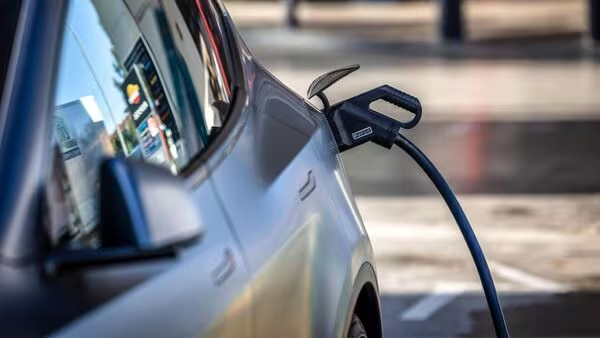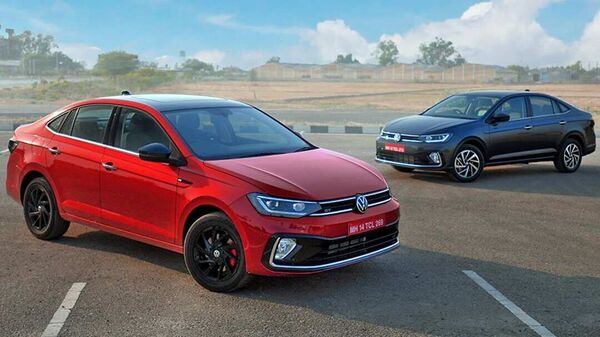Auto & Transportation
Transportation issues, including potholes and HS2, energize voters, yet certain solutions are unassailable.


By Kajal Sharma - 29 Jun 2024 04:08 PM
Many analysts believe that road pricing is inevitable as the Tories and Labour court drivers with promises of rail transformation.In ten years, safer roads, cleaner fuels, and better trains would be the kinds of transportation-related topics that command pragmatism in British politics.However, transportation has been extremely politicized in this election, with high-speed rail, speed limits, and clean air all being drawn into the larger culture conflicts.Meanwhile, from crumbling rail systems to the potholes that dot Britain's asphalt, transportation has come to represent deterioration and the deteriorating public sphere.
What issues might be resolved by the election, and which transportation measures are thought to be too hard to sell?The front lines of the culture war: Ulez, HS2, and drivers Declaring Labour to be “the only party on the side of drivers” may have been one of Keir Starmer's less persuasive recent repositionings in response to the lengthy Conservative effort to emphasize its support for “people’s freedom to use their cars”.In a conference speech that seemed to confirm internet conspiracy theories about 15-minute cities, Transport Secretary Mark Harper first presented the Tory plan for drivers in 2023. It also marked a distinct departure from some of the urban planning policies the government had supported during COVID.
The party's manifesto now prominently features its "backing drivers bill" in a chapter devoted to "strengthening our communities," promising to reverse the expansion of London's ultra-low emission zone (Ulez) and limit low-traffic neighbourhoods (LTNs) and 20 mph zones. This unpopular move has been firmly blamed on Labour by the mayor, Sadiq Khan, despite the government's own role in its establishment. The Reform UK manifesto, which would do away with the 20 mph speed limit, uses language similar to ending a "war on motorists."
























